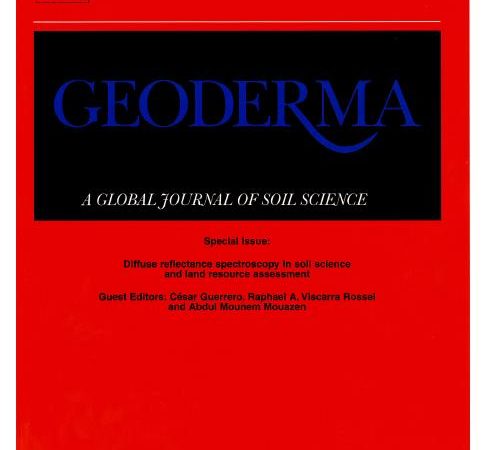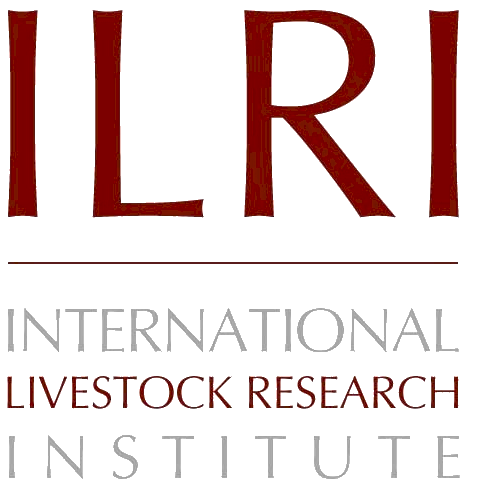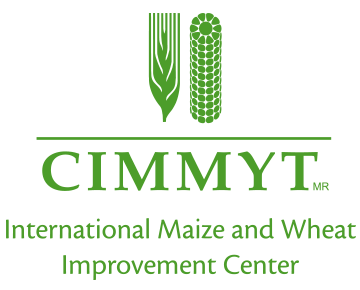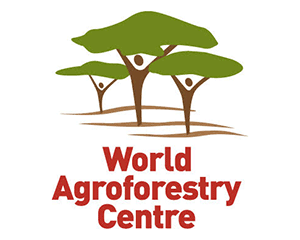
Abstract
Continuous rice-wheat (RW) rotation with conventional agronomic practices has resulted in declining factor productivity and degrading soil resources. A farmer’s participatory research trial was conducted in Karnal, India to evaluate 8 combinations of cropping systems, tillage, crop establishment method and residue management effects on key soil physicochemical and biological properties. Treatments (T) 1–4 involved RW and 5–8 maize- wheat (MW) with conventional tillage (CT) and zero tillage (ZT) with (+R) and without (−R) residue recycling. Residue was either incorporated (Ri) or mulched (Rm). Treatment 1 (RW/CT − R) had the highest bulk density (BD) (1.47 Mg m−3) and T8 (MW/ZT + Rm), the lowest (1.34 Mg m−3). After 3 years of cropping, soil accumulated more organic C in (a) MW (9.33 Mg ha−1) than RW (8.5 Mg ha−1), (b) ZT (9.25 Mg ha−1) than CT (8.58 Mg ha−1), and (c) + R (10.18 Mg ha−1) than –R (7.65 Mg ha−1). MW system with ZT and residue (T8: MW/ZT + Rm) registered 208, 263, 210 and 48% improvement in soil microbial biomass C (MBC) and N, dehydrogenase activity (DHA) and alkaline phosphatase activity (APA), whereas RW system in T4 (RW/ ZT + Rm) registered 83, 81, 44 and 13%, respectively as compared with T1 (RW/CT − R), the business as usual scenario. Treatment 8 (MW/ZT + Rm) recorded the highest microbial population viz. bacteria, fungi and actinomycetes. The most abundant micro-arthropods present in the soil of experimental plot were Collembola, Acari and Protura which varied with treatments. Soil MBC, APA, BD and micro-arthropod population were identified as the key indicators and contributed significantly towards soil quality index (SQI). MW system with ZT and Rm (T8) recorded the highest SQI (1.45) followed by T6 (1.34) and the lowest score (0.29) being in T1 (RW/ CT − R). The SQI was higher by 90% in MW compared to RW, 22% in ZT compared to CT, and 100% in residue recycling compared with residue removal. System yield was strongly related to key soil quality indicators and also positively correlated with SQI. Longer-term studies are essential to realize maximal effects of improvements in soil health on crop yields.
Choudhary M, Datta A, Jat HS, Yadav AK, Gathala MK, Sapkota TB, Das AK, Sharma PC, Jat ML, Singh R, Ladha J K. 2018. Changes in soil biology under conservation agriculture based sustainable intensification of cereal systems in Indo-Gangetic Plains. Geoderma 313:193–204








